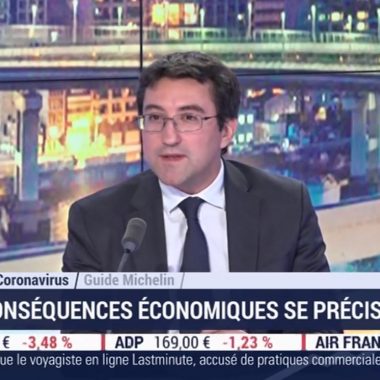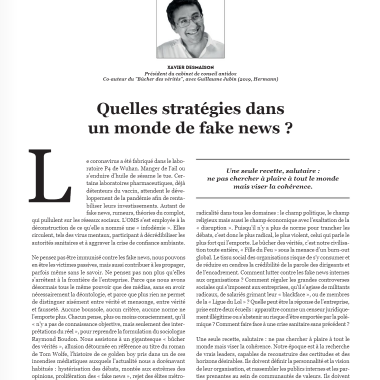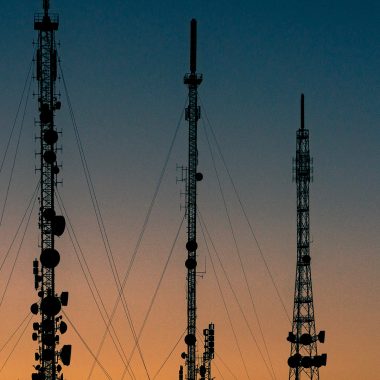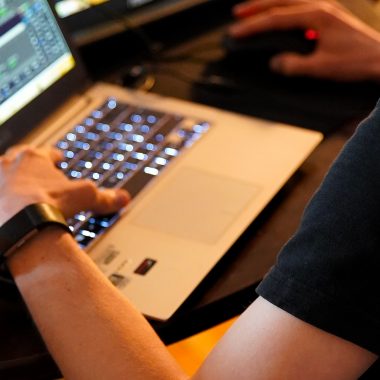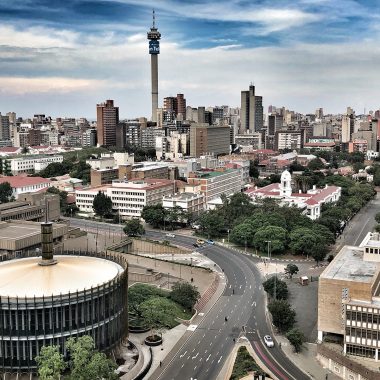At 8 PM on Monday, 16 March 2020, Emmanuel Macron used the same expression six times in a decidedly militaristic tone: “We are at war”.
Since then, “curfew” and “state of emergency” have become part of our daily lives and daily language.
For this Lockdown Part 2, are we still at war? Is our enemy still the same? Has the news got through to us, reminding us that this enemy is a multifaceted one and lives inside us? Are we in the process of fighting two wars the same time, one in the public health arena and the other against terrorism?
The social networks can enlighten us on this point. During March, they listed more than 80,000 mentions of the terms “Health war”, compared to 65,125 mentions of the terms “War France” while during October “Health war” fell back to 6,319 mentions compared to more than 122,000 mentions for the associated terms “War France”.
We’ve moved on from the famous plea to “Stay at home”, aimed at encouraging everyone to support frontline staff. More recently the hashtag “OnApplaudit” (let’s applaud) has been gradually replaced by new watchwords such as #StopDictatureSanitaire, #AlerteMaximale or #JamaisSansMonMasque (“stop health dictatorship”, “maximum alert” or “never without my mask”). Between March and April, #OnApplaudit was mentioned more than 94.5k times. From September it was only mentioned 92 times within the digital ecosystem (according to the TalkWalker analysis tool). Our collective memory can play tricks on us and sometimes in the short-term, in the sense of living in the immediate present where one item of information replaces another, we all seem to suffer a form of collective amnesia.
From now on, the focus is on encouraging everyone to act responsibly to collectively overcome this health crisis. A single message was conveyed on Wednesday 28 October: that economic life will continue in compliance with the health rules, to the detriment of social lives and of certain business sectors viewed as “non-essential”.
The second “war” was thrust upon us brutally on 16 October, with a stinging reminder in the form of an upsurge of acts of terrorism and the murder of the teacher Samuel Paty. The loud and clear reaffirmation of the fundamental values of our Republic by the President of the Republic provoked anger and calls for the killing of French citizens from part of the Arab and Muslim world. And the barbarity has continued in all its horror in recent days, in Nice. This war has now entered and become part of our debate. It also affects the youngest among us and sets us against one another, having a long-term impact on the sense of togetherness and solidarity displayed by the French people since March. The source of this solidarity has also begun to fragment through repeated exposure to fake news and messages of defiance, insidiously propagated by hate mongers to credulous recipients, facilitated by platforms paying scant regard to accuracy.
Will a security-driven state of emergency replace the health-driven state of emergency? From the “normalisation” of emergency measures and the sudden and wide-reaching societal changes we’ve had to deal with, it’s vital that we refuse the drift towards excesses, accepting opposing views and more than ever before seeking to protect and maintain the strength and richness of democratic debate.
In his exchange of letters with Albert Einstein, in 1933, grouped together under the banner “Why War?”, Sigmund Freud offered an answer which is still resolutely topical today: “whatever makes for cultural development is working also against war”, while waiting for humankind to become pacifist.
On Monday, 16 March 2020 at 8 PM, Emmanuel Macron added “We are not fighting against an army or another nation but the enemy is there, invisible and elusive, and it’s gaining ground”.
By Marie Bertrand, Consultancy Director


